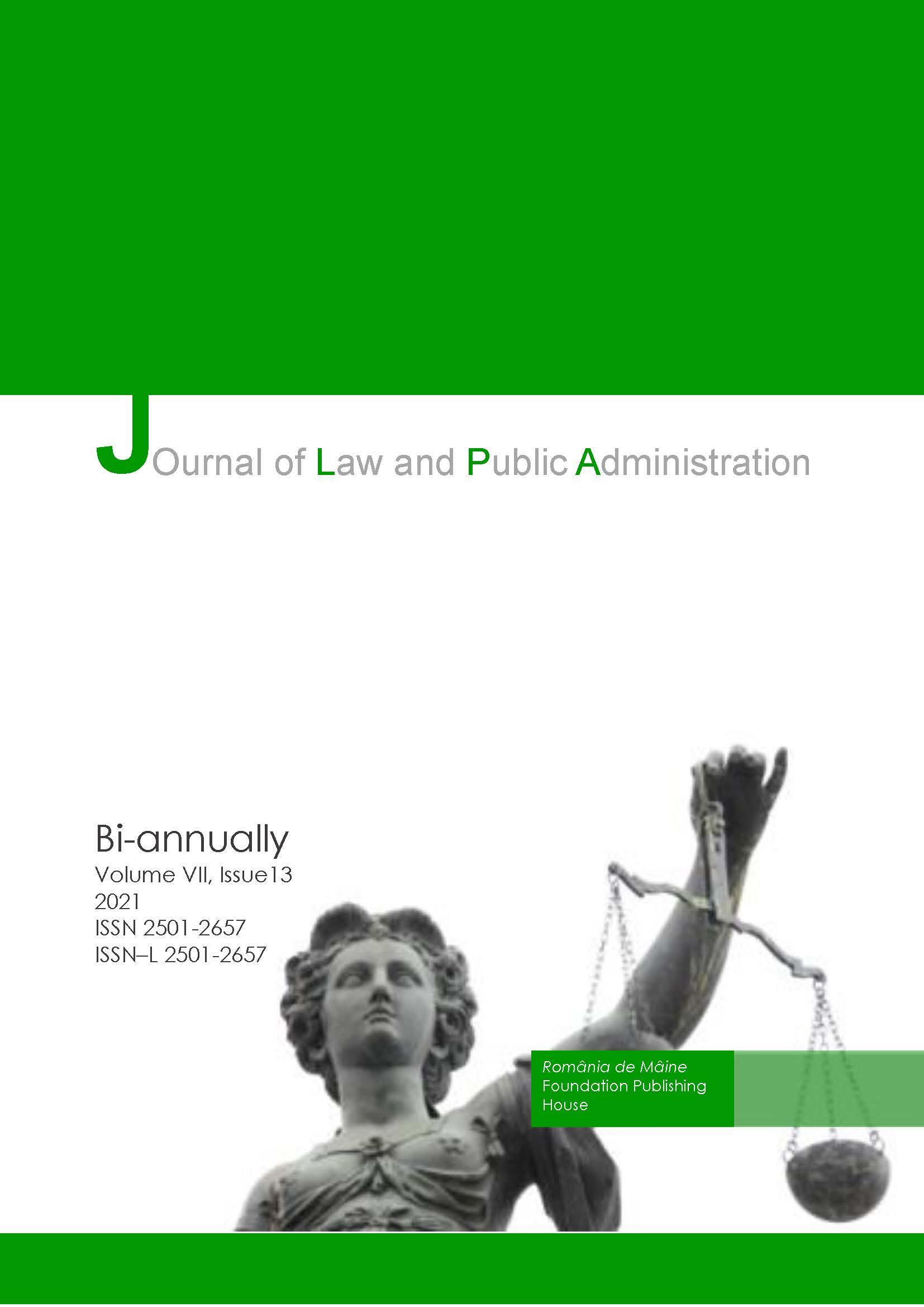The Foreclosure in Civil and Commercial Matters
The Foreclosure in Civil and Commercial Matters
Author(s): Ion Cristian ZăvoiSubject(s): Law, Constitution, Jurisprudence, Civil Law, Commercial Law
Published by: Editura Fundaţiei România de Mâine
Keywords: debtor; creditor; writ of execution; foreclosure; the Civil Procedure Code of Romania;
Summary/Abstract: The role of the bailiff is not to get people out of the house, but quickly recover the obligations established by a court judgement or other writ of execution. The obligations established by writ of execution are executed voluntarily, but, per a contrario, if the person who entered the pleas unsuccessfully has not fulfilled his/her obligation, the creditor of the foreclosure obligation can fulfil it by the coercive force of the state, represented by the bailiffs, who are invested by the state to carry out an activity of public authority, being able to request the help of the law enforcement officers. The law enforcement officers cannot refuse to support the foreclosure activity on the grounds that there are impediments, of any nature, to the execution, the only person responsible for disregarding these reasons being the bailiff. The creditor based on the principle of availability has the right to choose that the execution to be performed only in one way, respectively: garnishment; movable or immovable judicial execution. An express provision prohibits the code of civil procedure for the immovable execution for receivables of less than 10,000 lei. However, the immovable judicial execution can be started also for receivables less than 10,000 lei, if the debtor of the obligation does not earn incomes, does not own tangible assets or evades from the foreclosure.
Journal: Journal of Law and Public Administration
- Issue Year: VII/2021
- Issue No: 13
- Page Range: 56-60
- Page Count: 5
- Language: English

